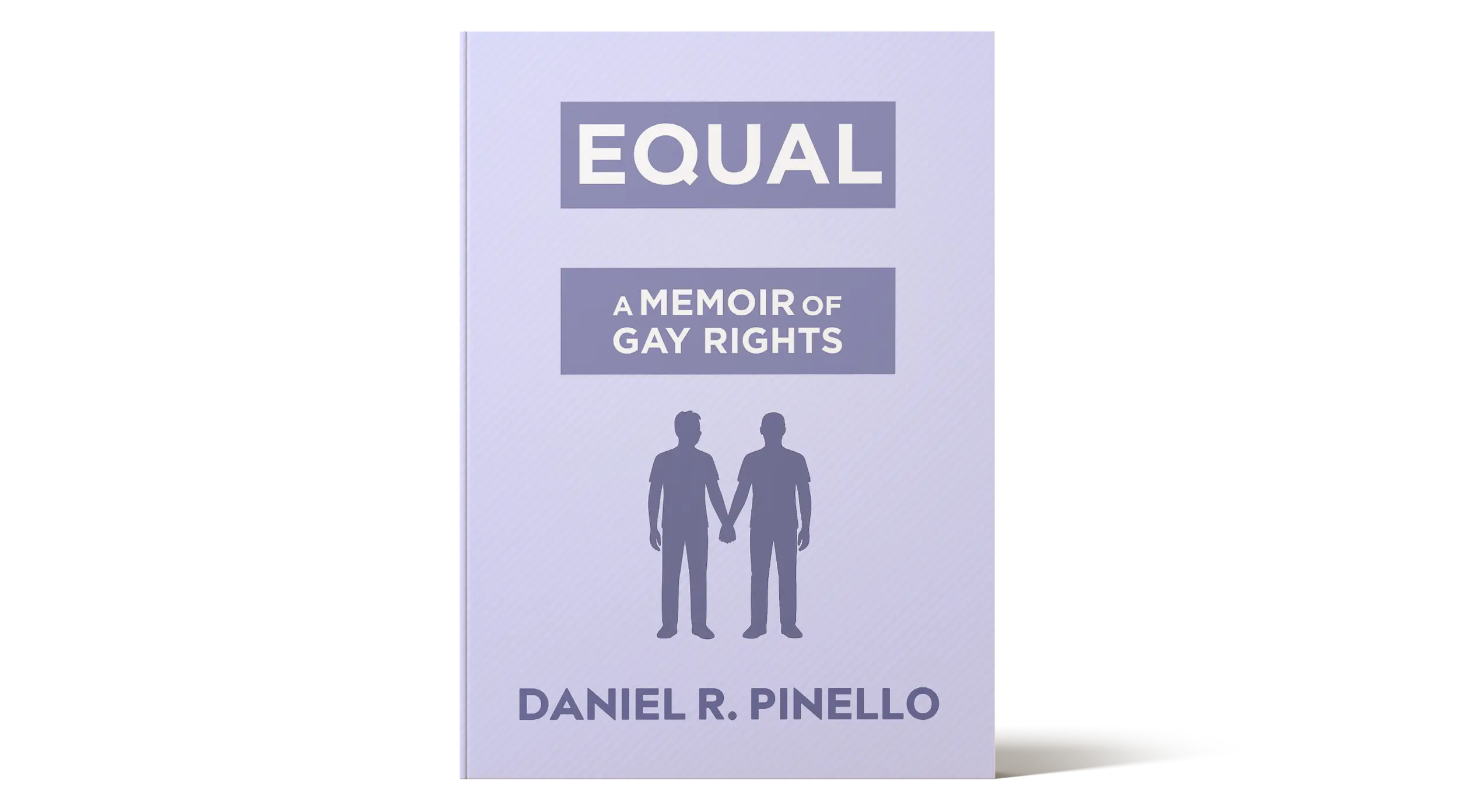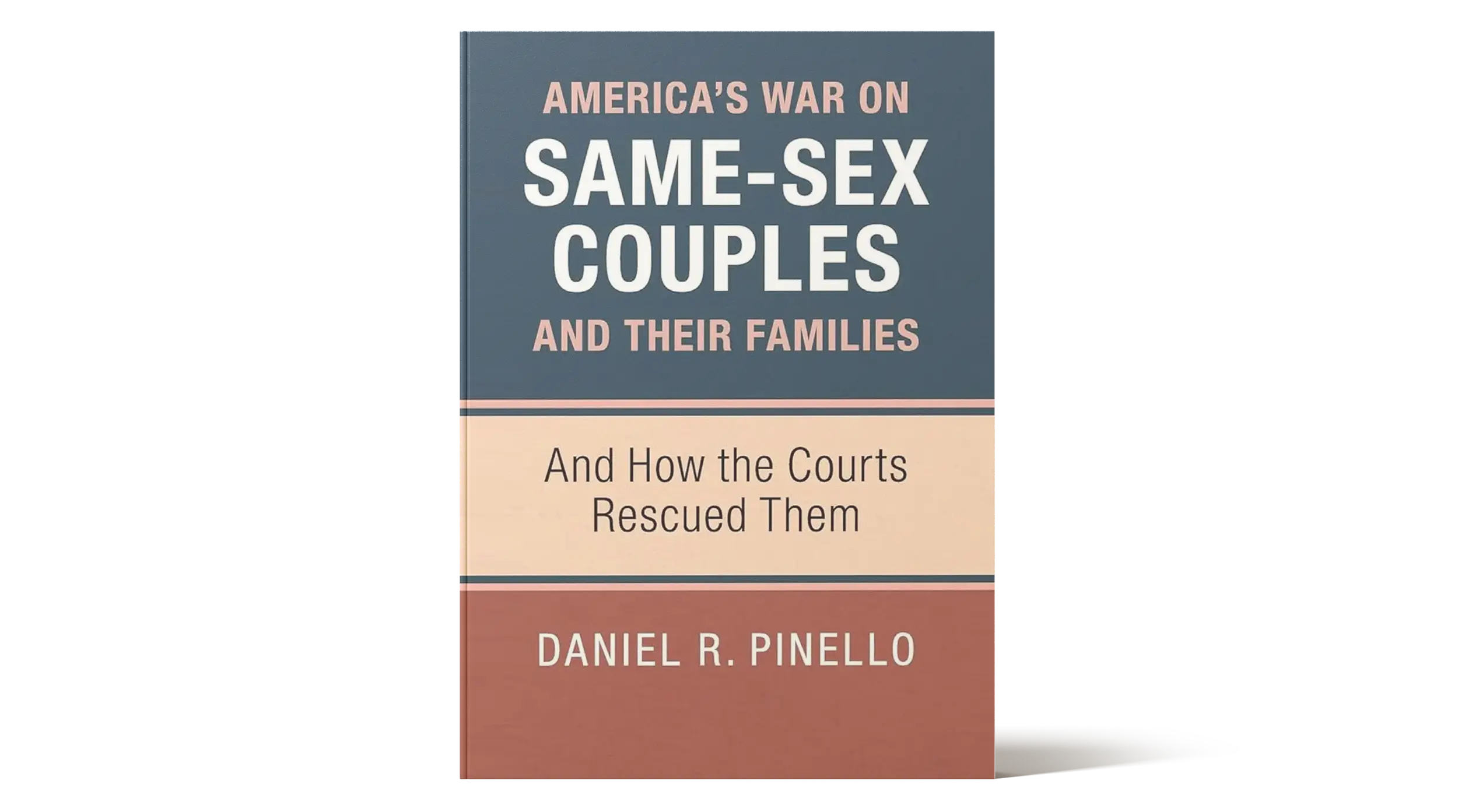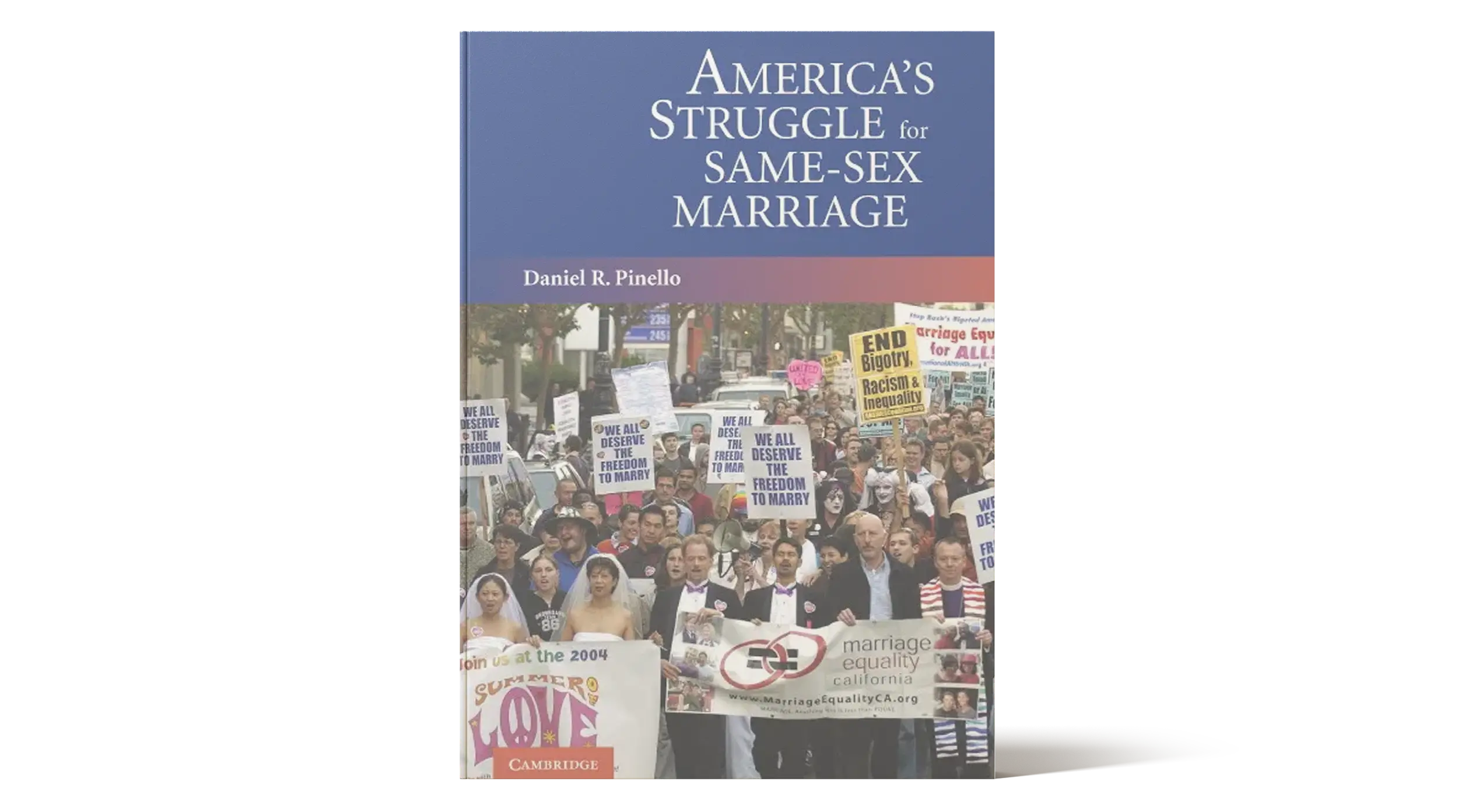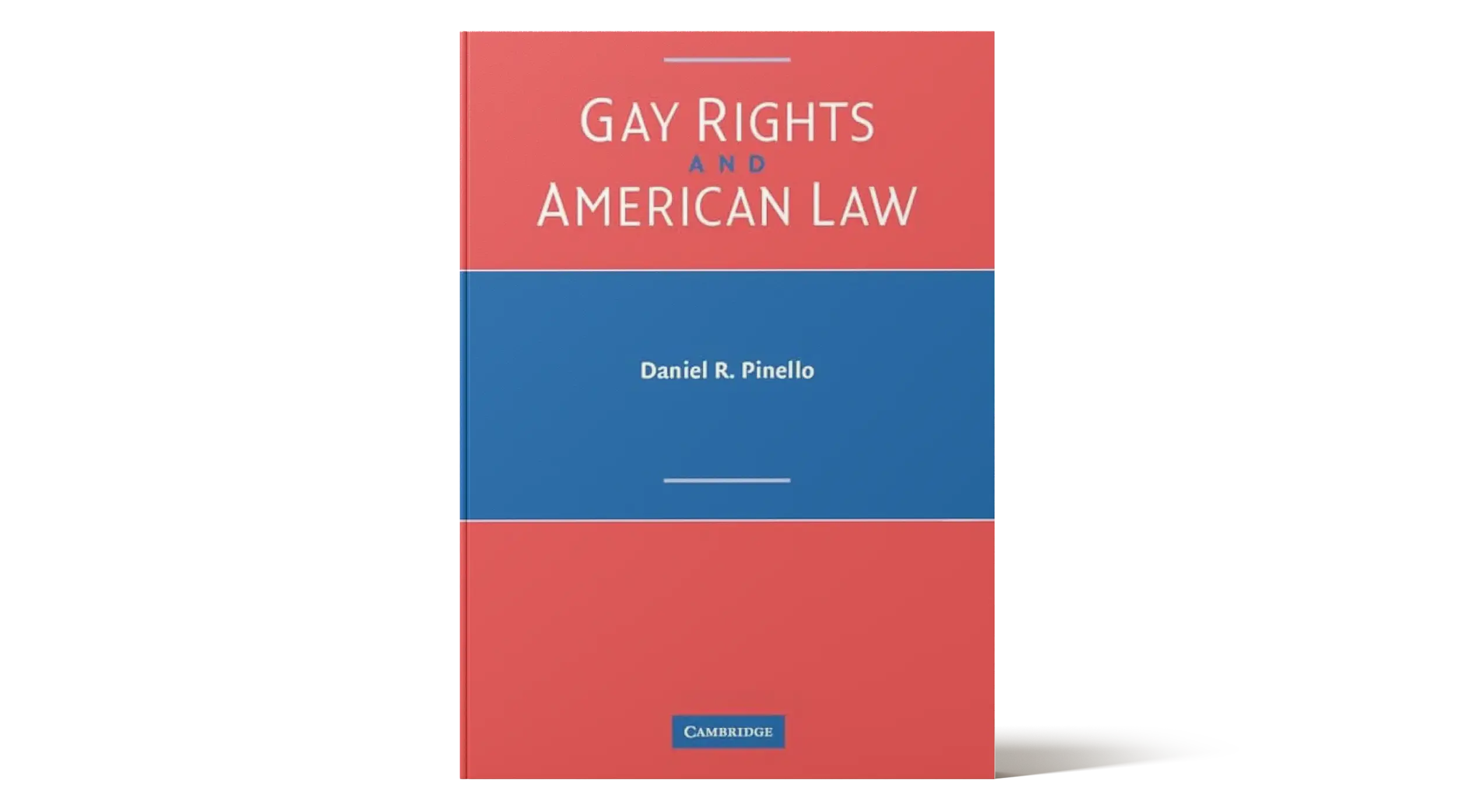The Difference Between
Super-DOMAs and Mini-DOMAs
Since 2000, voters in 20 American states have ratified amendments to state constitutions banning recognition of all forms of relationship rights (i.e., marriage, civil unions, domestic partnerships, reciprocal benefits, etc.) for same-sex couples: Alabama, Arkansas, Florida, Georgia, Idaho, Kansas, Kentucky, Louisiana, Michigan, Nebraska, North Carolina, North Dakota, Ohio, Oklahoma, South Carolina, South Dakota, Texas, Utah, Virginia, and Wisconsin.
These state measures are dubbed “Super-DOMAs.” The nickname derives from the 1996 federal Defense of Marriage Act (DOMA), which defined marriage for the purposes of federal law as only a union between one man and one woman. The Virginia Constitution, for example, states: “Only a union between one man and one woman may be a marriage valid in or recognized by this Commonwealth and its political subdivisions. This Commonwealth and its political subdivisions shall not create or recognize a legal status for relationships of unmarried individuals that intends to approximate the design, qualities, significance, or effects of marriage. Nor shall this Commonwealth or its political subdivisions create or recognize another union, partnership, or other legal status to which is assigned the rights, benefits, obligations, qualities, or effects of marriage.” More comprehensive language designed to limit the relationship options of lesbian and gays pairs would be difficult to imagine.
The Virginia provision is far more ambitious than the constitutions of ten other states (Alaska, Arizona, California, Colorado, Mississippi, Missouri, Montana, Nevada, Oregon, and Tennessee) that have been amended to include “Mini-DOMAs” (i.e., just limiting marriage to one man and one woman and doing nothing more). For example, California’s notorious Proposition 8 of 2008 (which federal courts invalidated in 2013) said: “Only marriage between a man and a woman is valid or recognized in California.” This language left intact the comprehensive statutory system of domestic partnerships that grants virtually all of the rights and responsibilities of civil marriage to same-sex couples in the Golden State. Likewise, despite the passage of Measure 36 (“It is the policy of Oregon, and its political subdivisions, that only a marriage between one man and one woman shall be valid or legally recognized as a marriage”) in 2004, the Oregon Legislature three years later enacted full civil unions for gay and lesbian couples.
Accordingly, the objectives of Super-DOMAs are substantially greater than those of Mini-DOMAs such as Proposition 8 and Measure 36. While the latter speak just to marriage and are silent about relationship arrangements such as civil unions, domestic partnerships, and reciprocal benefits, the former aspire to insure that same-sex pairs can be nothing other than complete legal strangers to one another. In short, Mini-DOMAs preserve the word “marriage” exclusively for opposite-sex couples, but not necessarily the attributes of civil marriage. Whereas, the goal of Super-DOMAs is to restrict the word and all of its attributes to heterosexual pairs. Thus, lesbian and gay couples in California domestic partnerships or in Oregon civil unions inherit from each other under state intestacy law, may adopt or sue for custody of or visitation with minor children of the couple, and enjoy a plethora of other rights comparable to those of civil marriage, regardless of the constitutional Mini-DOMAs. Yet same-sex pairs in Super-DOMA jurisdictions like Virginia may not benefit from any such attributes of marriage.
As a result, the variation in rights between gay-marriage-mecca Massachusetts and Measure-36 Oregon is minuscule compared with the difference between Super-DOMA and many Mini-DOMA jurisdictions.



